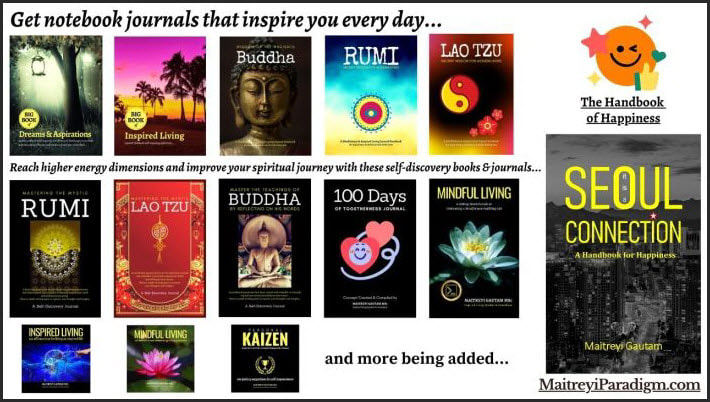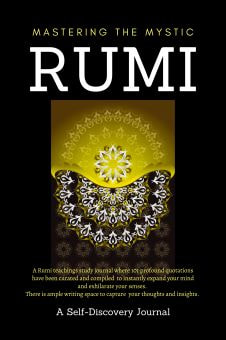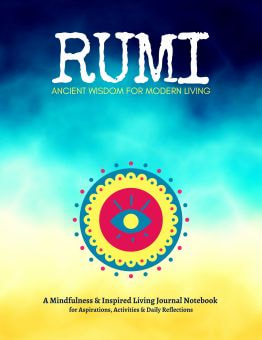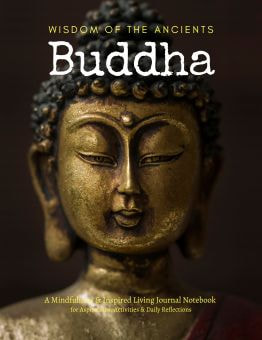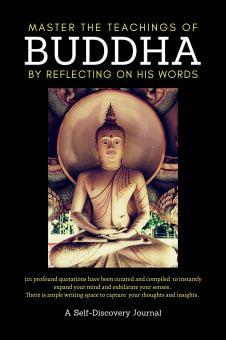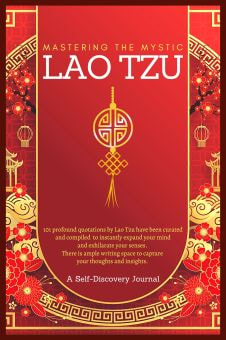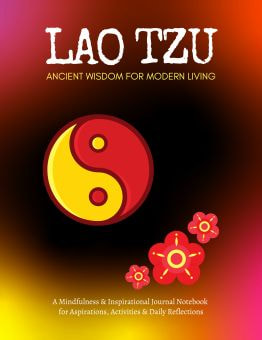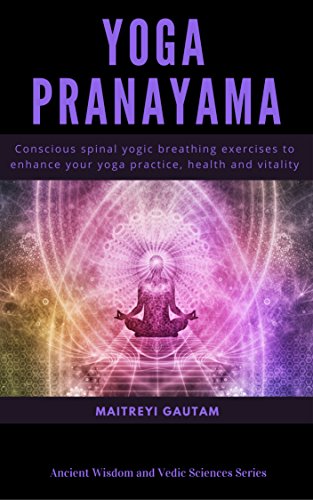Essence of BuddhismThe essence of Buddhism lies in its focus on the human condition and the path to spiritual growth. Central to this belief system are the Four Noble Truths, which were first shared by the Buddha, Siddhartha Gautama, over 2,500 years ago. These foundational principles offer valuable insights into the nature of our existence and provide guidance on how to overcome the challenges we face in life. | |
Life is full of ups and downs, and the first Noble Truth acknowledges this by addressing the concept of dukkha, or suffering. Suffering isn't limited to just physical pain or emotional distress; it also includes the more subtle feelings of dissatisfaction that can arise from our desires, the fleeting nature of happiness, and the impermanence of everything around us. Recognizing that suffering is an inherent part of life is an important step on the path to spiritual growth.
Once we accept the reality of suffering, the second Noble Truth encourages us to look deeper and identify its root causes. According to Buddhism, our suffering primarily stems from desire, craving, or attachment (known as 'tanha'). This includes our yearning for material possessions, power, relationships, and even certain experiences. When we cling to these temporary aspects of life, we find ourselves trapped in a cycle of dissatisfaction and unhappiness.
3. The Possibility of Ending Suffering (Nirodha)
Despite the inevitable presence of suffering in our lives, the third Noble Truth brings a message of hope. It asserts that we can, in fact, overcome suffering by letting go of our attachments and desires. Through this process, we can achieve a state of ultimate peace called 'Nirvana'. This truth emphasizes that personal transformation, rooted in the cultivation of wisdom and compassion, can lead to liberation from the pain and suffering that often seem inescapable.
4. The Path to Overcoming Suffering (Magga)
The fourth Noble Truth offers practical guidance on how to end suffering through the Noble Eightfold Path. This set of principles lays out an ethical and balanced approach to living, which includes right understanding, right intention, right speech, right action, right livelihood, right effort, right mindfulness, and right concentration. By diligently practicing these principles, we can work towards spiritual enlightenment and, ultimately, freedom from the cycle of suffering.

